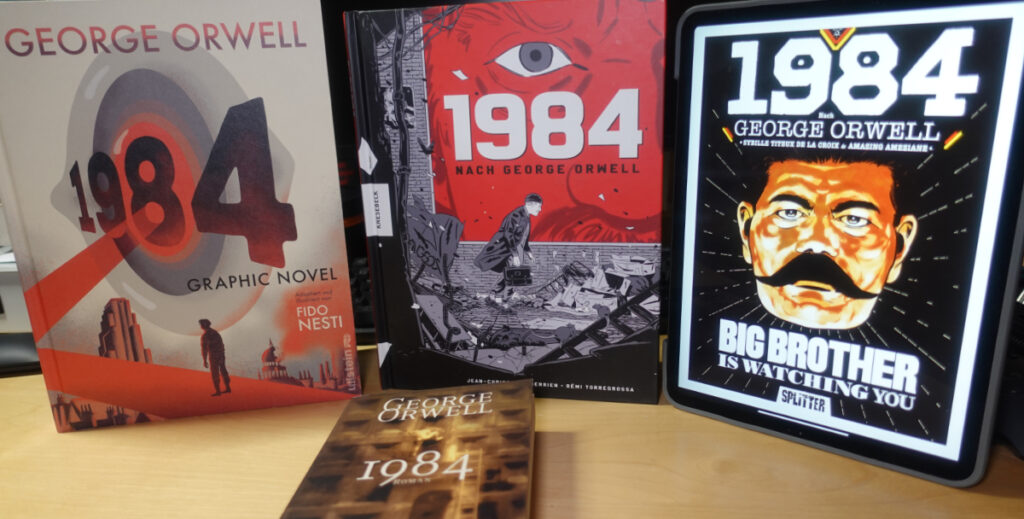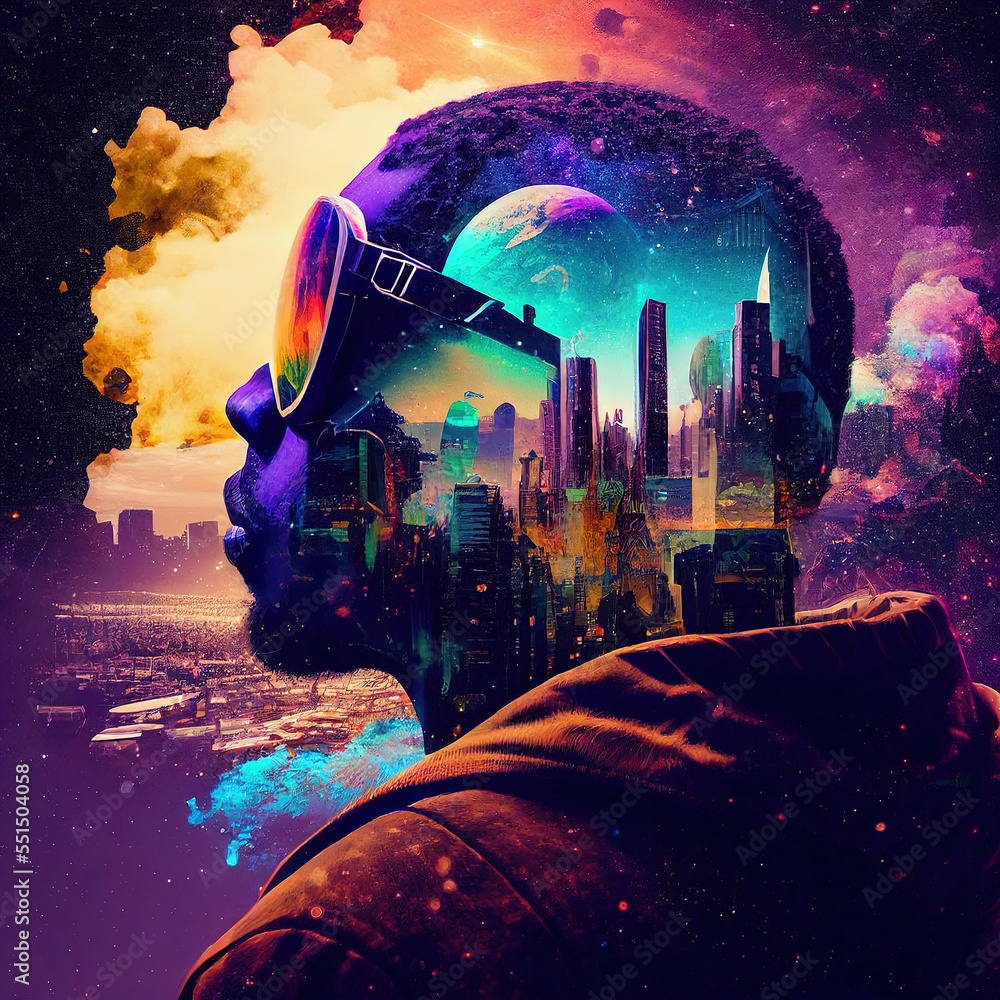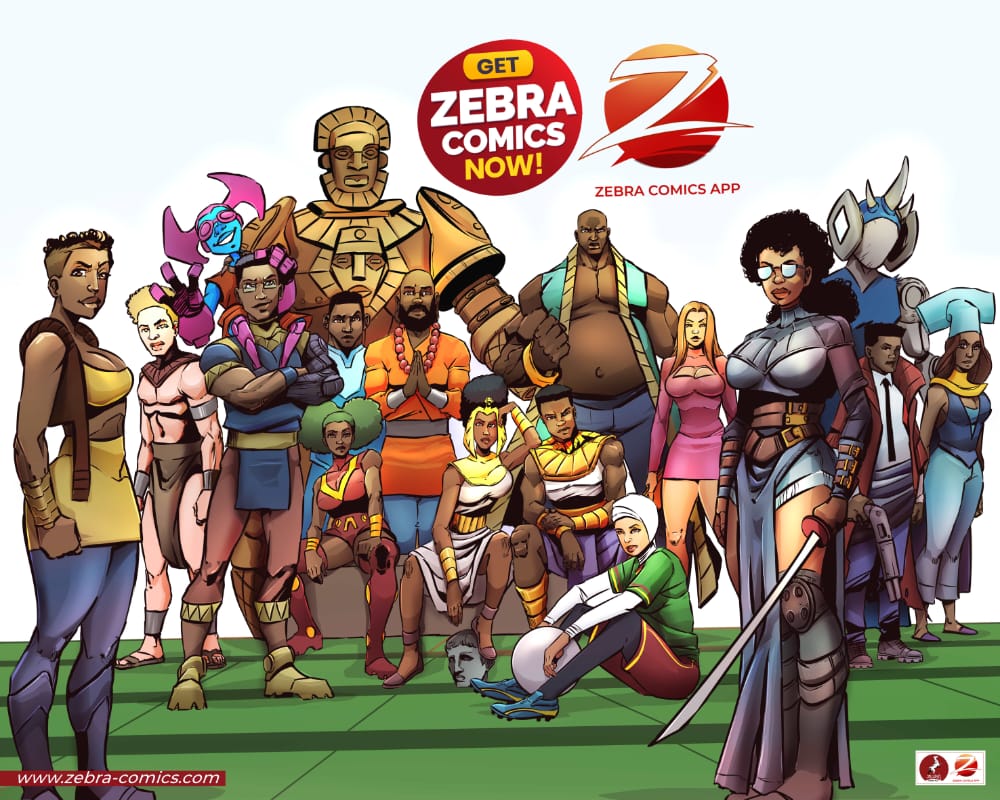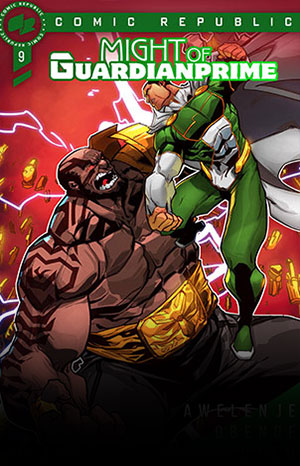In the rich tapestry of storytelling, novels, and webtoons stand out as two prominent mediums that captivate audiences around the world. While novels have long been cherished for their immersive narratives and depth of characterization, webtoons have emerged as a dynamic form of visual storytelling, particularly popular among digital natives. In this digital age, where content consumption is increasingly shifting online, the convergence of these two mediums opens up exciting possibilities for storytelling innovation and audience engagement.
Webtoons, a form of digital comics optimized for mobile viewing, have surged in popularity in recent years, thanks to platforms like LINE Webtoon, Tapas, and Webtoons.com. With their vertically-scrolling format and diverse range of genres, webtoons have democratized storytelling, allowing creators from all backgrounds to share their narratives with a global audience. This accessibility has played a pivotal role in fostering a vibrant online community of readers and creators, contributing significantly to the growth of the reading culture worldwide.
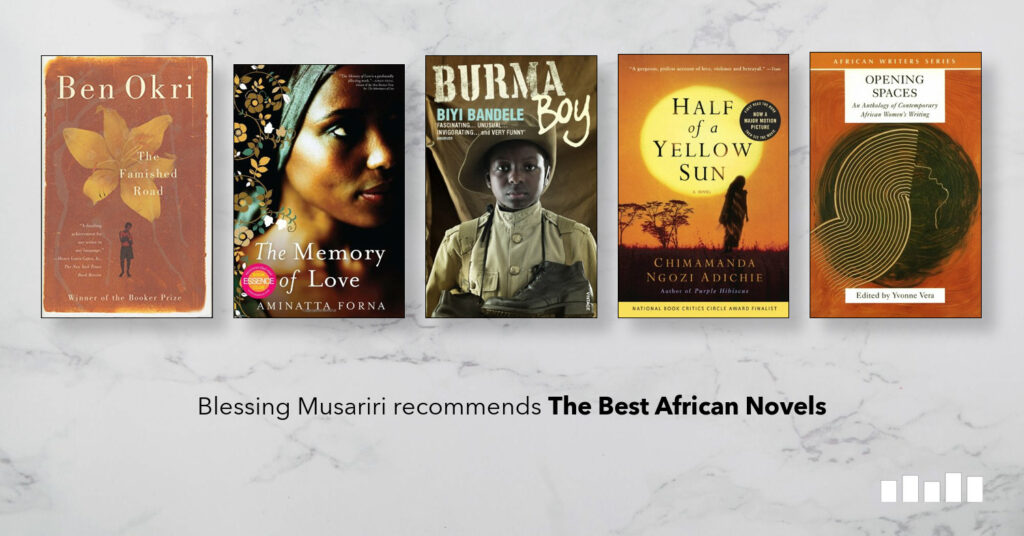
Novels, on the other hand, have long been hailed as a cornerstone of storytelling, offering readers a deep dive into intricate plotlines, complex characters, and richly imagined worlds. From literary classics to contemporary bestsellers, novels have shaped cultural landscapes and inspired generations of readers. As repositories of imagination and creativity, novels serve as a wellspring of storytelling inspiration, providing fertile ground for adaptation into other mediums, including webtoons.
The adaptation of novels into webtoons represents a symbiotic relationship between traditional and digital storytelling. Novels, with their extensive narratives and detailed world-building, offer a wealth of material for webtoon creators to draw upon. By transforming novels into webtoons, creators can breathe new life into beloved stories, reaching audiences who may not have encountered the original text. This transmedia approach not only expands the reach of the source material but also introduces it to a new generation of readers who are drawn to visual storytelling.
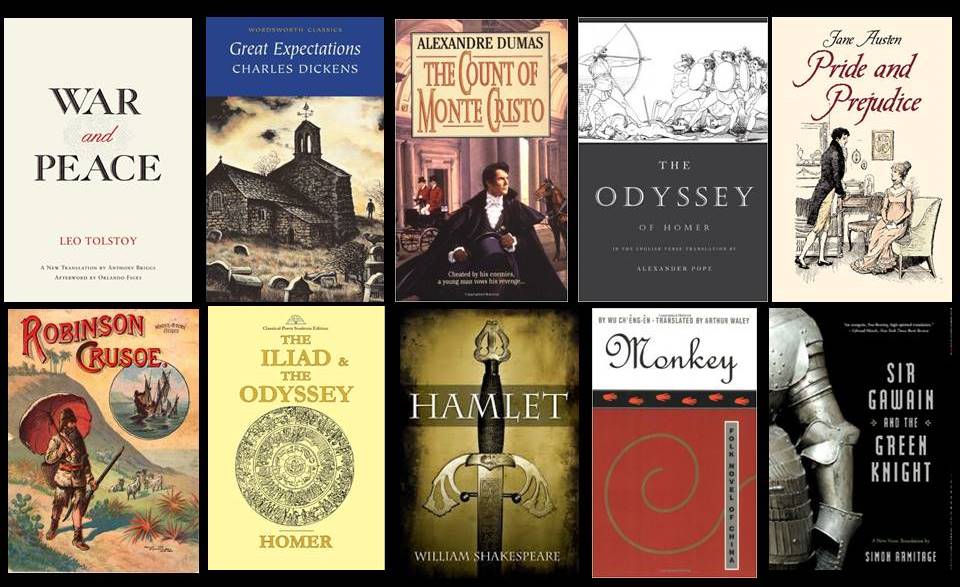
For African webtoon companies like Zebra Comics PLC, the adaptation of African novels into webtoons presents a unique opportunity to showcase the rich literary heritage of the continent in a visually compelling format. While African storytelling has a long and storied tradition, the representation of African stories in the digital realm, particularly through webtoons, is still in its nascent stages. By adapting popular African novels into webtoons, companies like Zebra Comics PLC can play a pivotal role in bridging this gap and amplifying African voices on the global stage.
The wealth of African novels ripe for adaptation into webtoons spans across various genres, from literary fiction to fantasy, science fiction to thrillers. Notable works such as “Akata Witch” by Nnedi Okorafor, “Black Leopard, Red Wolf” by Marlon James, and “Children of Blood and Bone” by Tomi Adeyemi offer richly imagined worlds and compelling narratives that are ripe for visual interpretation. By bringing these novels to life as webtoons, African webtoon platforms can attract a diverse audience of readers and elevate the visibility of African storytelling on a global scale.
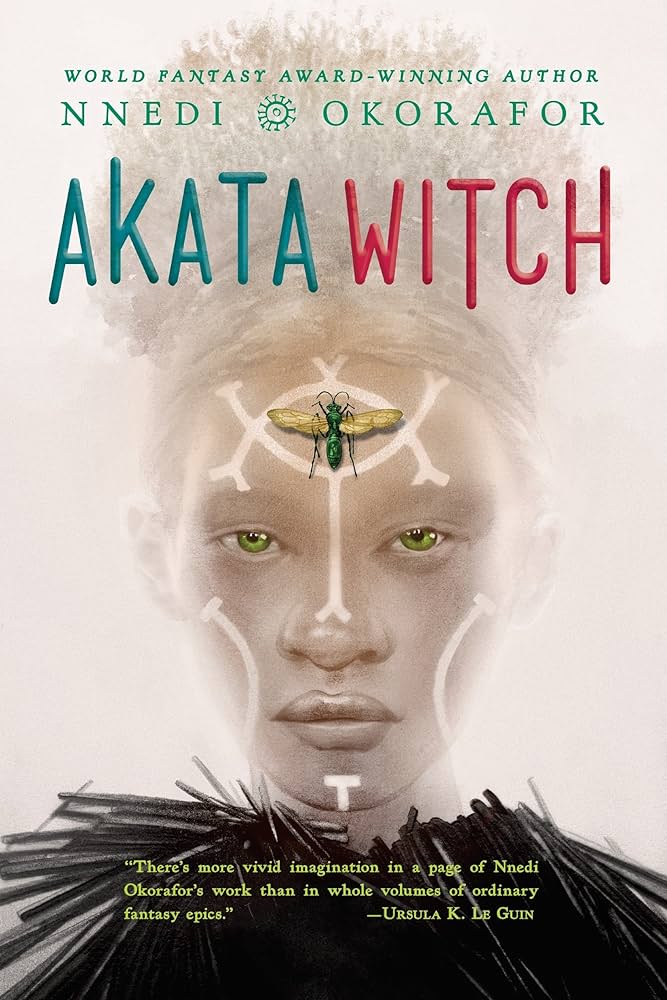
In conclusion, the adaptation of African novels into webtoons represents a significant opportunity for storytelling innovation and cultural representation. As a leader in the webtoon sector in Africa, Zebra Comics PLC is committed to bringing adaptations of the best African novels to their app and website. This transmedia approach not only enriches the storytelling landscape but also fosters a greater appreciation for African narratives in the digital age. With time, this initiative will undoubtedly grow and evolve, becoming an integral aspect of the African storytelling market.

